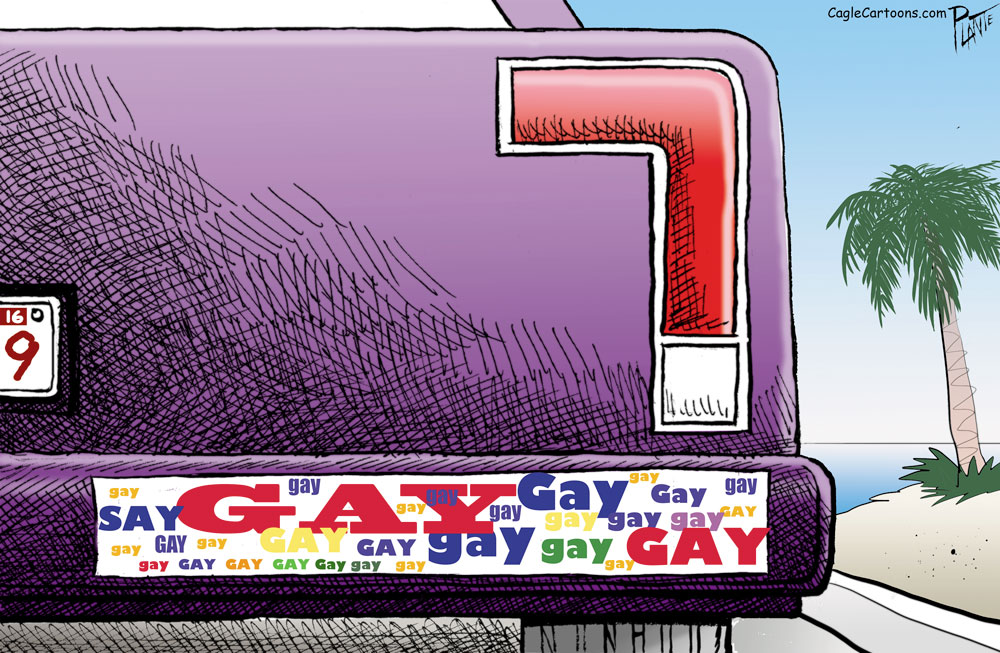
Today at the Editor’s glance: Weather: Partly sunny in the morning, then mostly cloudy with a chance of showers with a slight chance of thunderstorms in the afternoon. Highs in the mid 80s. South winds 15 to 20 mph with gusts up to 30 mph. Chance of rain 50 percent. Thursday Night: A slight chance of thunderstorms. Showers. Lows in the mid 60s. Southwest winds 10 to 15 mph, diminishing to around 5 mph after midnight. Chance of rain 80 percent.
In Court: No Drug Court scheduled for today. At 2 p.m., Charles Swindell, one of the more sadistic defendants on the year’s docket, is scheduled for a sentencing by Circuit Judge Terence Perkins on three separate sex-offense charges from Flagler and Putnam. Swindell pleaded to both, leaving the judge to decide a sentence that may range between 15 and 30 years in prison. All the charges were first degree felonies, with minors as victims.
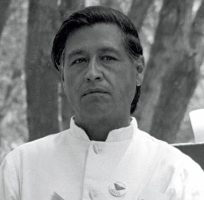
It is also Gogol’s (1809) and Haydn’s (1732) birthday, not to mention the anniversary of the premier of “Oklahoma!” on Broadway in 1943. “For years they have been saying the Theatre Guild is dead,” Lewis Nichols’s review for The Times read, “words that obviously will have to be eaten with breakfast this morning.” He called the musical “wonderful,” and Richard Rogers’s score “one of his best.” The next day, Milton Berle opened the “Zigfeld Follies” at the Winter Garden Theater, the first follies since 1936, while Spencer Tracy and Katharine Hepburn were blazing it up for the third week at Radio City Music Hall in “Keeper of the Flame.” Meanwhile back in the world, 400 people were incinerated in a Naples port explosion at an ammunition dump, Rotterdam was bombed, and the insufferable but brilliant Field Marshal Montgomery had a beautiful feeling everything was going his way as his British forces were advancing on Rommel’s Afrika Korps in Tunisia, and the Royal Air Force was celebrating its 25th anniversary. If there was an honorable Nazi general among them, you could make the case for Rommel, who was among the conspirators to assassinate Hitler in 1944, and was forced to die by suicide. Just as “Oklahoma!” was premiering, the Associated Press was reporting that 53 percent of Americans still exceeded the wartime speed limit of 35 mph on rural roads, taking solace from the fact that it was down from 91 percent a year earlier.
Now this:
![]()
The Live Calendar is a compendium of local and regional political, civic and cultural events. You can input your own calendar events directly onto the site as you wish them to appear (pending approval of course). To include your event in the Live Calendar, please fill out this form.
January 2026
Temple Beth Shalom Blessing of the Pets
Nar-Anon Family Group
Palm Coast Charter Review Committee Meeting
Bunnell City Commission Meeting
Palm Coast City Council Workshop
Flagler Beach United Methodist Church Food Pantry
Community Preparedness Workshop
Flagler County School Board Information Workshop
Flagler County Affordable Housing Committee Meeting
Weekly Chess Club for Teens, Ages 10-18, at the Flagler County Public Library
Book Dragons, the Kids’ Book Club, at Flagler Beach Public Library
Budgeting by Values: A Virtual Class to Learn Budgeting Skills
NAACP Flagler Branch General Membership Meeting
Flagler County School Board Meeting
Random Acts of Insanity Standup Comedy
For the full calendar, go here.
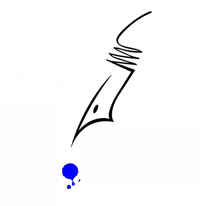
“… he was much too intelligent, he had too much common sense to deny art, to fail to understand not only its great significance, but also its very naturalness, its physiological necessity. [Vissarion] Belinsky recognized in art one of the fundamental manifestations of the human personality, one of the laws of our nature, a law whose validity was proved by our daily experience. He did not admit of life only for life’s sake; it was not for nothing that he was an idealist. Everything had to serve one principle, art as well as science, but in its own special way. The truly childish and, besides, not new but ‘warmed-up’ explanation of art as an imitation of nature he would have deemed worthy of neither a reply nor of his attention… Art, I repeat, was for Belinsky as much a legitimate sphere of human activity, as science, as society, as the State. From art he demanded truth, vital, living truth.”
–From Turgenev’s “Literary Reminiscences” (1874).






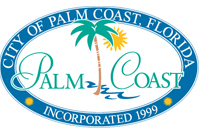
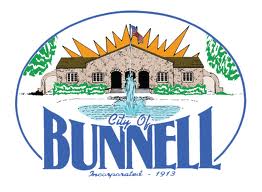
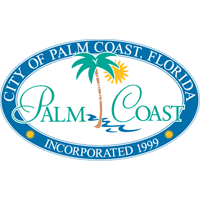
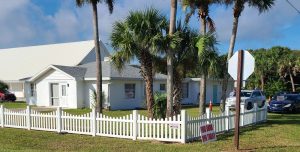
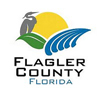

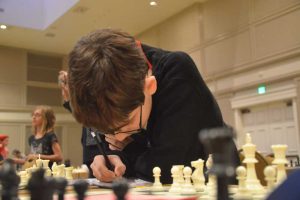
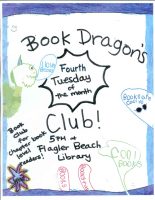

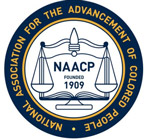
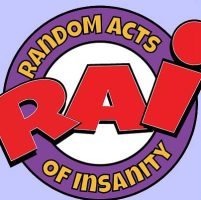


























Leave a Reply